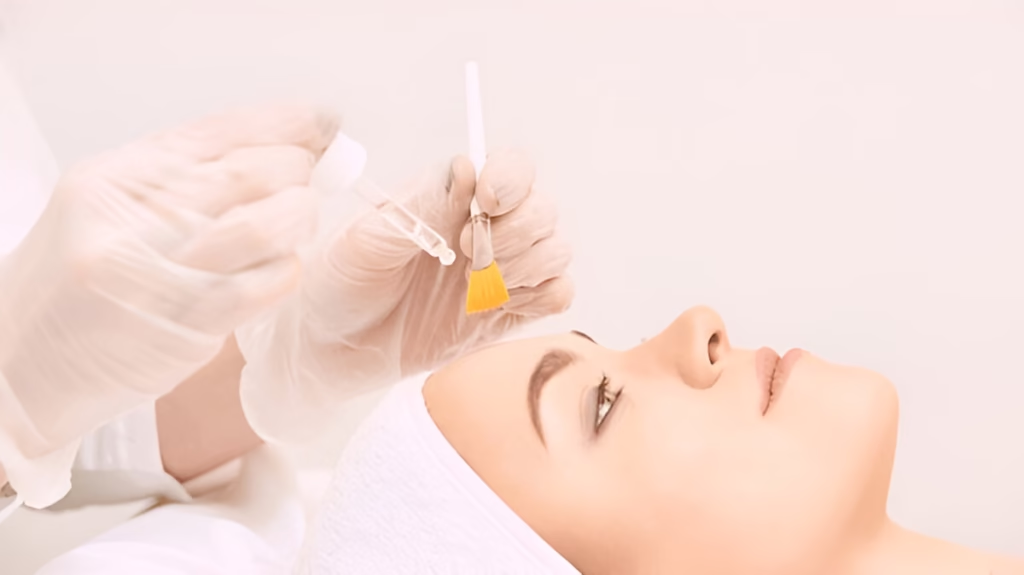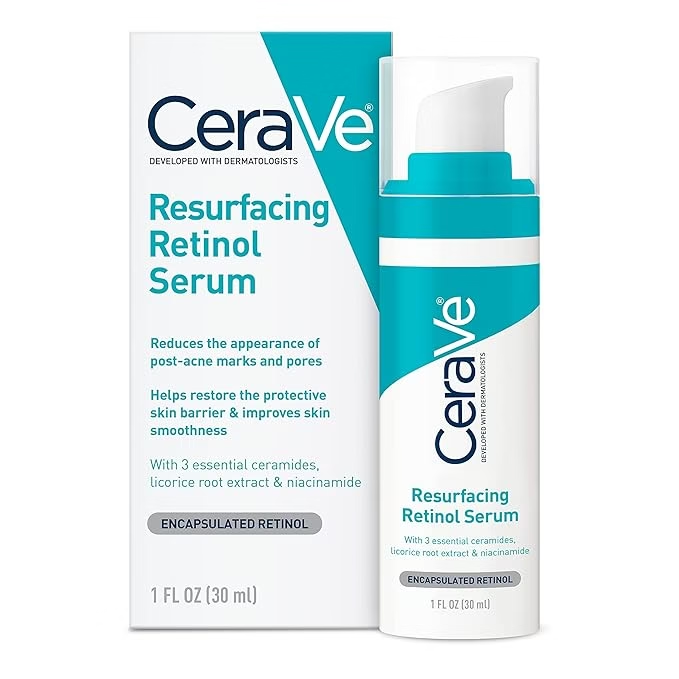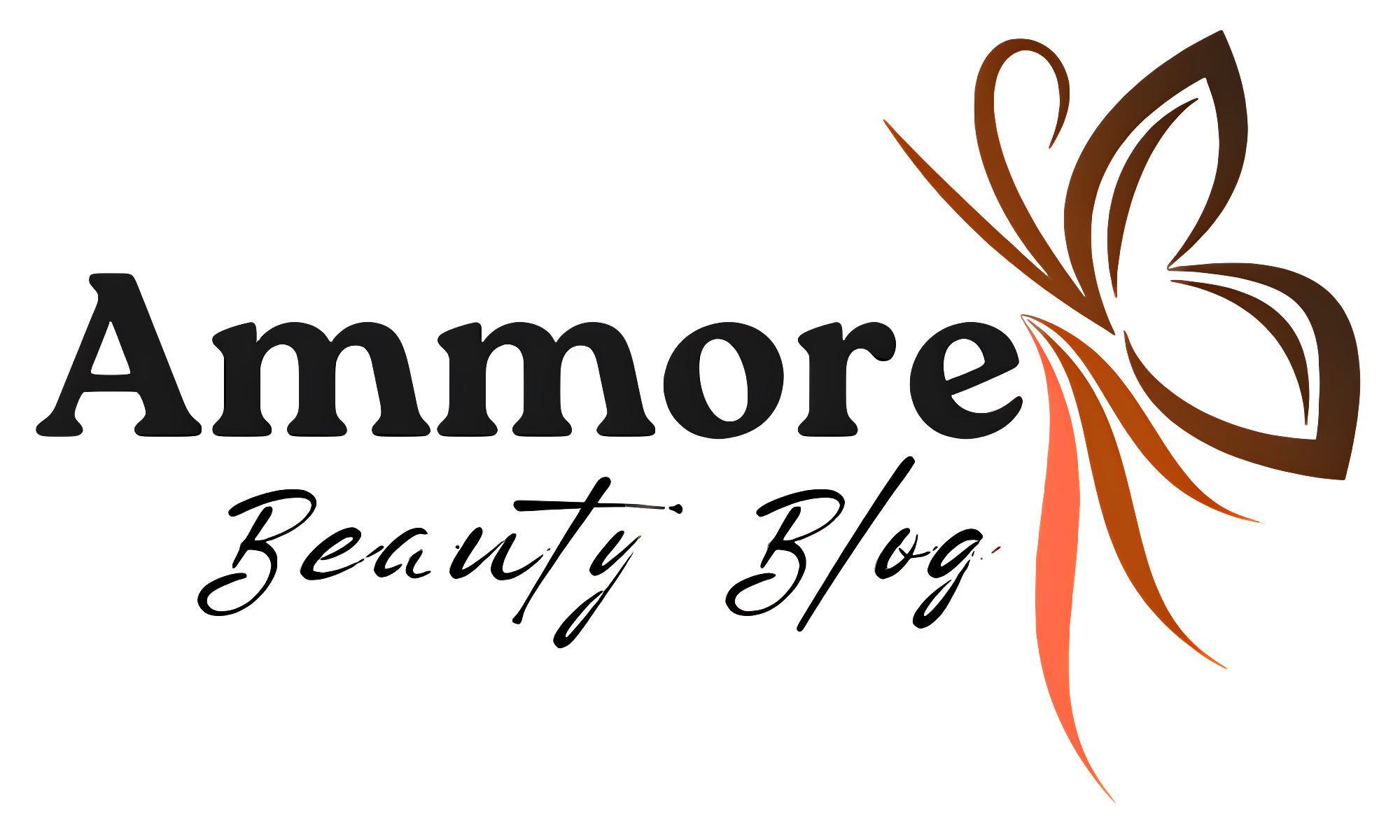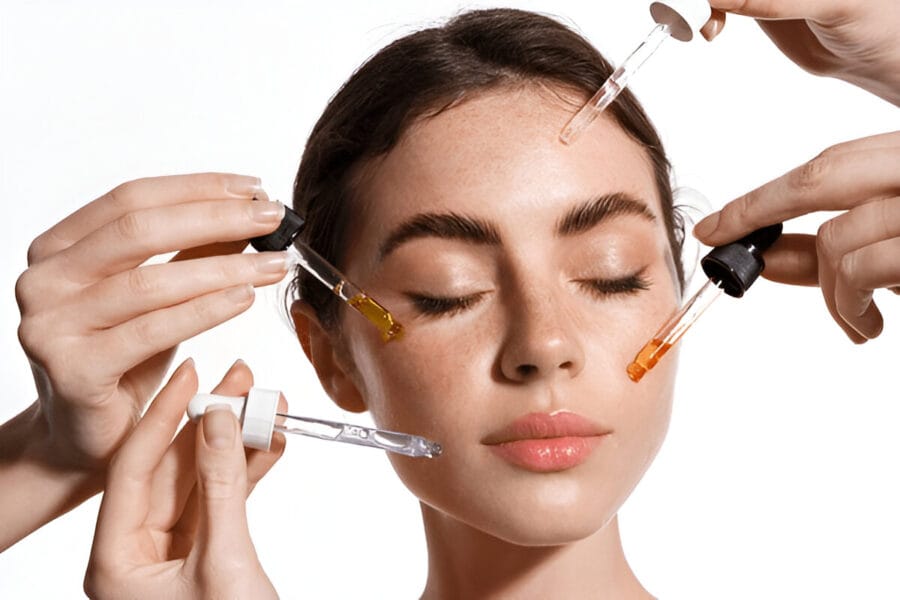When it comes to anti-aging, collagen, and retinol are two of the most popular and effective ingredients on the market. But if you’re just getting into skincare or want to enhance your current routine, it can be tricky to decide which one to prioritize—or whether you should use both. In this guide, we’ll break down everything you need to know about collagen and retinol, how they work, their unique benefits, and how to decide which one is better for your anti-aging goals.
In This Article
- What Is Collagen and Why Is It Important for Skin?
- How Collagen Works for Anti-Aging
- Forms of Collagen in Skincare
- What Is Retinol and How Does It Work?
- How Retinol Works for Anti-Aging
- Forms of Retinol in Skincare
- Collagen vs. Retinol: Which One Is Better?
- Can You Use Collagen and Retinol Together?
- Common Myths About Collagen and Retinol
- Product Of The Day
- FAQs About Collagen and Retinol
- Final Thoughts
What is Collagen and Why is It So Important for the Skin?
Collagen is a protein that makes up about 75% of your skin. It’s often called the “scaffolding” of the skin because it provides structure, strength, and elasticity. Without enough collagen, your skin loses its firmness, leading to sagging, fine lines, and wrinkles.
Unfortunately, starting in your mid-20s, your body’s natural collagen production begins to decline. By your 30s and 40s, this loss becomes noticeable, with signs like reduced elasticity and slower wound healing. Environmental stressors like sun damage, smoking, and pollution also speed up collagen depletion, making it one of the biggest culprits behind aging skin.
How Collagen Works for Anti-Aging
Collagen doesn’t just sit on the surface of your skin. It works beneath the surface to maintain the skin’s structure and repair damaged tissue. As an anti-aging ingredient, collagen primarily:
- Increases Elasticity: It helps your skin maintain its firmness and bounce.
- Hydrates: Collagen-rich products and supplements improve moisture levels, leading to plumper skin.
- Strengthens Skin: By supporting the dermal layer, collagen enhances your skin’s ability to heal and withstand damage.
Forms of Collagen in Skincare
1. Topical Collagen
Collagen creams and serums are often marketed as anti-aging miracles, but their effectiveness is somewhat limited. The collagen molecules in these products are too large to penetrate the skin deeply, meaning they mostly work as surface moisturizers rather than addressing deeper wrinkles or loss of elasticity.
2. Collagen Supplements
Hydrolyzed collagen (also called collagen peptides) is broken down into smaller molecules that your body can absorb. These supplements claim to increase your body’s natural collagen production, which may lead to firmer skin, fewer wrinkles, and better hydration. Studies suggest they may also benefit hair, nails, and joints.
3. Collagen-Boosting Ingredients
Products containing peptides, vitamin C, and antioxidants work by stimulating your body’s natural ability to produce collagen. These are a great option if you’re looking for results without relying on supplements.
What is Retinol and How Does It Work for Aging Skin?
Retinol is a derivative of vitamin A and is often considered the “gold standard” of anti-aging ingredients. Unlike collagen, which supports your skin externally, retinol works deep within the skin to trigger cell turnover and collagen production. It addresses some of the most visible signs of aging, including wrinkles, uneven skin tone, and loss of firmness.
How Retinol Works for Anti-Aging
Retinol penetrates the epidermis (the outer layer of skin) and interacts with the dermis, where collagen and elastin are formed. Once absorbed, retinol:
- Increases Collagen Production: It boosts your skin’s natural collagen production, helping to rebuild its structure over time.
- Speeds Up Cell Turnover: Retinol encourages old, damaged skin cells to shed, revealing newer, healthier skin underneath.
- Improves Texture: By smoothing out rough patches and reducing pore size, retinol refines the skin’s overall texture.
- Brightens Skin Tone: It helps fade dark spots and hyperpigmentation caused by aging or sun exposure.
Forms of Retinol in Skincare
1. Over-the-Counter Retinol
Retinol is available in various concentrations in drugstore and luxury skincare products. These formulations are gentler than prescription retinoids, making them ideal for beginners or those with sensitive skin.
2. Prescription Retinoids
Retinoids like tretinoin and adapalene are stronger than OTC retinol. While they deliver faster results, they also come with a higher risk of irritation, dryness, and redness.
3. Retinol Alternatives
For those who can’t tolerate retinol, ingredients like bakuchiol offer similar benefits without the risk of irritation. While not as potent as retinol, bakuchiol is a great option for sensitive skin.
Collagen vs. Retinol: Which One is Better?
The answer to this question depends on your skin’s needs, age, and skincare goals. Let’s break it down:
Key Differences Between Collagen and Retinol
| Feature | Collagen | Retinol |
|---|---|---|
| Primary Function | Rebuilds skin structure and hydration | Stimulates cell turnover and collagen production |
| Target Area | Works on the skin’s surface | Penetrates deep into the skin |
| Effectiveness | Great for hydration and elasticity | Great for wrinkles, texture, and tone |
| Irritation Risk | Very gentle | Can cause redness and dryness |
| Best For | Plumping and hydrating the skin | Reducing wrinkles and brightening |
Who Should Use Collagen?
Collagen is ideal for those who want to improve skin hydration and elasticity without risking irritation. It’s a great choice for beginners, those with sensitive skin, or anyone looking for an easy way to boost their skin’s health.
Who Should Use Retinol?
Retinol is better suited for individuals targeting fine lines, wrinkles, and uneven skin tone. It’s a long-term investment in your skin’s health, but it requires patience and consistency to see results.
Can You Use Collagen and Retinol Together?
Absolutely! Collagen and retinol complement each other and can be used together in a comprehensive anti-aging routine.
How to Combine Collagen and Retinol
- Use Retinol at Night: Since retinol makes your skin more sensitive to sunlight, it’s best to apply it in the evening.
- Follow with Collagen in the Morning: Apply a collagen-rich moisturizer or serum in the morning to hydrate and plump your skin.
- Don’t Forget Sunscreen: Retinol users must use sunscreen daily to protect their skin from UV damage.
Benefits of Using Both
- You’ll get the surface hydration and plumping effects of collagen while reaping the long-term anti-aging benefits of retinol.
- Combining them ensures a more holistic approach to skincare, addressing both immediate and long-term concerns.

Ammore’s Beauty Tip
To maximize the benefits of retinol and collagen, introduce retinol gradually into your routine. Start with a low concentration (around 0.25%) and use it twice a week before increasing frequency. Pair it with a collagen-rich cream to keep your skin hydrated and minimize irritation.
Common Myths About Collagen and Retinol
1. Myth: Collagen Products Replace Natural Collagen in Your Skin
Fact: Topical collagen cannot penetrate the skin deeply enough to replace lost collagen. However, it helps with surface hydration and plumping.
2. Myth: Retinol Thins Your Skin
Fact: Retinol temporarily exfoliates your skin, but in the long run, it thickens the dermis by increasing collagen production.
3. Myth: You Can’t Use Retinol with Sensitive Skin
Fact: Sensitive skin users can still benefit from retinol by choosing a gentle formulation or alternative like bakuchiol.

Product Of The Day
CeraVe Resurfacing Retinol Serum
What is it? This CeraVe encapsulated retinol combined with hyaluronic acid, niacinamide, and ceramides delivers deep anti-aging benefits with minimal irritation—excellent Product 👌
FAQs About Collagen and Retinol
1. Can collagen supplements really improve your skin?
Studies suggest that hydrolyzed collagen supplements can improve skin elasticity and hydration over time. However, results vary between individuals.
2. Is retinol safe for long-term use?
Yes! Retinol is safe for long-term use when applied correctly. Just ensure you use sunscreen daily to protect your skin from UV sensitivity.
3. Can I use collagen and retinol if I’m pregnant?
While collagen is generally considered safe during pregnancy, please consult your doctor before using retinol or retinoids, as they are not recommended for pregnant or breastfeeding women.
Final Thoughts
Collagen and retinol are both incredible ingredients for anti-aging, but they serve different purposes. Collagen works to hydrate and plump the skin on the surface, while retinol targets deeper layers to stimulate collagen production and increase cell turnover.
The good news? You don’t have to choose one over the other. Combining these two ingredients can give you a well-rounded anti-aging routine that addresses both immediate and long-term skin concerns. Whether you’re new to skincare or a seasoned pro, consistency and patience are key to achieving youthful, radiant skin.
Read something to boost your skincare routine just read this article.
Ready to get started? Share this guide with a friend or let us know your favorite collagen or retinol product in the comments below!






Hey There. I found your blog using msn. This is a vry well written article.
I’ll make sure to bookmark it and come back to read more of your usefuil info.
Thanks for the post. I’ll definitely comeback. https://Menbehealth.Wordpress.com/
Your words have the power to make the abstract feel concrete, to bring fleeting thoughts into sharp focus. I’ve read many articles and books in my time, but there’s something about your writing that makes me feel as though I’ve discovered a new way of thinking, a new way of being. You’ve truly unlocked something special in your words.